This workshop is organized by leading researchers in cognitive robotics, neuroscience, human-robot interaction from both industry and academia, and it offers a balanced experience between theoretical principles, technical implementation, and empirical experimentation.
Organizing committee

Dr. Sarah Cosentino
Araya Inc., Japan
Social Robotics & Cognitive Systems & Physiological Signals measurement
Dr. Sarah Cosentino, Ph.D. is Chief Researcher in the MultiSense Foundation Team at Araya, where she develops next-generation brain–machine interfaces (BMIs) using multimodal physiological signals. Her expertise lies in complex systems theory, nonlinear dynamics, and behavior recognition, applied to create robust, adaptive models of human physiology and cognition. She has advanced methods for integrating EEG, EMG, and autonomic signals into intuitive control systems for robotics and avatars. Previously an Associate Professor of Robotics at Waseda University, she led projects on human–robot interaction and computational modeling of motor and emotional synchrony. Her recent work drives the development of Araya’s BMI-CA platform, a foundation for scalable, human-centered neurotechnology applications.
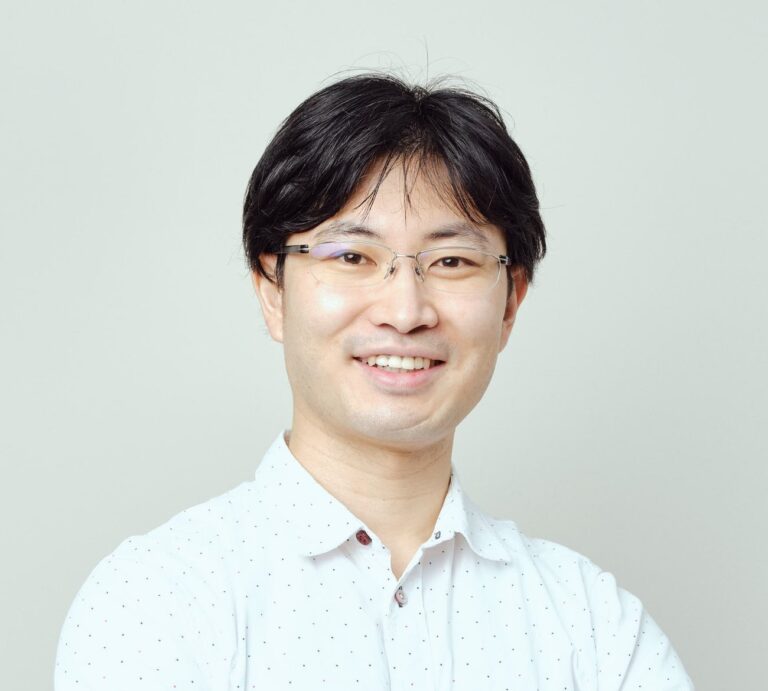
Kan Akutsu
Araya Inc., Japan
Social Robotics & Cognitive Systems
Kan Akutsu is a Senior Researcher and Research Team Lead at Araya, where he spearheads the design and development of a BMI (Brain–Machine Interface) platform aimed at intuitively bringing human imagination to life. Since joining Araya in June 2023, he has played a central role in advancing Moonshot Goal 1 (Internet of Brains), an ambitious national initiative focused on liberating humans from the limitations of body, brain, space, and time through neurotech. Under his leadership, the MultiSense Foundation Team is actively developing BMI‑CA prototypes: platforms integrating multimodal biological signals to enable intuitive control of avatars and robots.
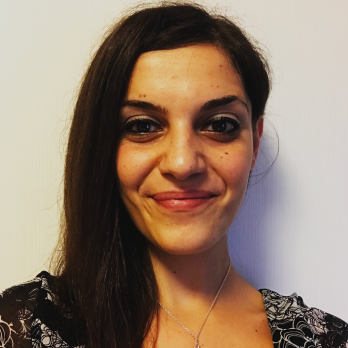
Dr. Angela Faragasso
FingerVision, Japan
Vision Systems & Haptics
Dr. Angela Faragasso, Ph.D. is a robotics researcher and currently Lead Research Engineer at FingerVision in Tokyo, specializing in vision-driven robotic perception and interaction. She earned her Ph.D. in Robotics at King’s College London, where she developed novel vision-based sensing mechanisms for stiffness estimation in soft surgical robotics. Her expertise spans bio-inspired sensing, tactile feedback systems, and hybrid robotic control for surgery, safety, and industrial automation. Beyond her research, she is Co-Chair of IEEE’s Technical Committee for Performance Evaluation & Benchmarking of Robotic Systems, shaping global standards in robotics assessment.

Viviana Crescitelli
Hitachi, Japan
Social Robotics & Cognitive Systems
Viviana Crescitelli is a Senior Researcher in the Research & Development Group at Hitachi, Ltd., where she joined through the Vulcanus in Japan program in 2018. Her early work focused on the high-temperature stability of silicon carbide in semiconductor materials, evolving into research on edge AI, particularly within autonomous driving, human–robot interaction, and robotics optimization. More recently, she has contributed to Hitachi’s digital transformation by applying multimodal large language models (MLLMs) for spatial understanding, real-time issue detection, and automated generation of worksite reports. Her expertise includes human pose estimation for safe human–robot interaction.
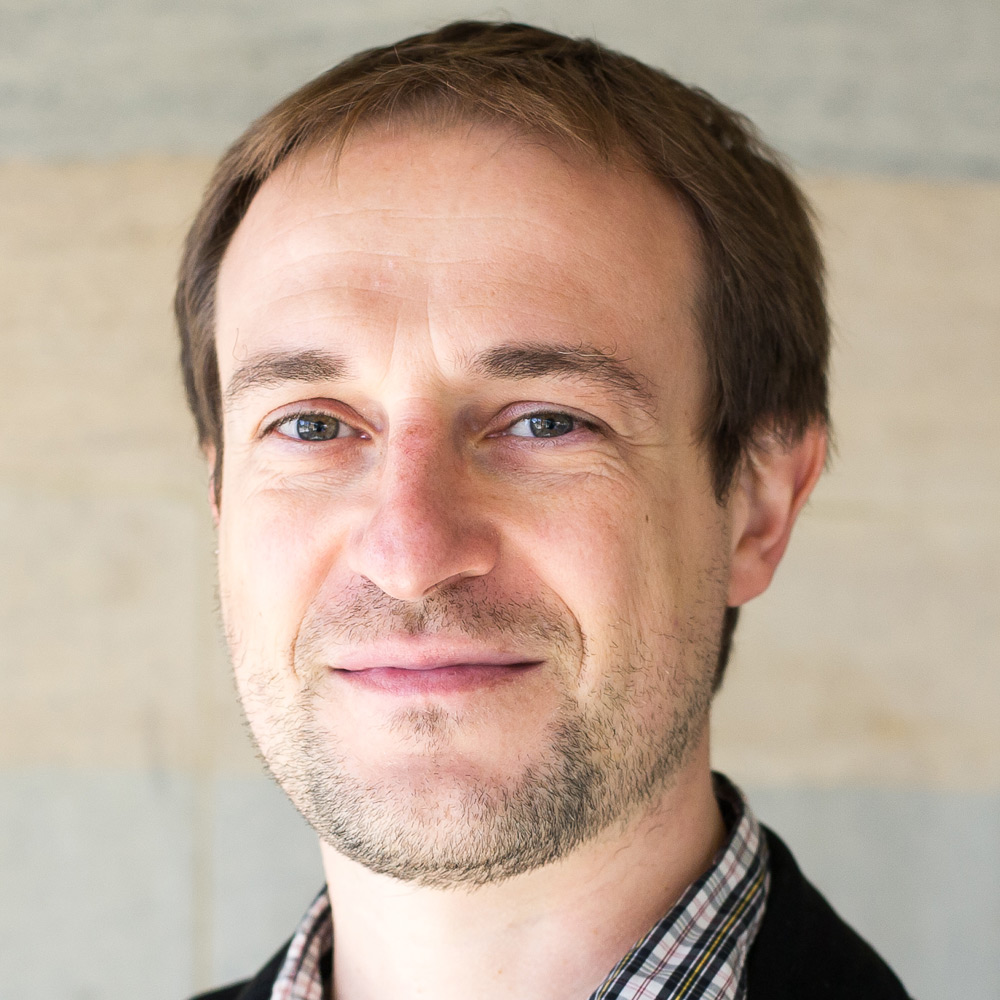
Assoc. Prof. Dimitri Ognibene
University of Milano-Bicocca, Italy
Department of Psychology
Social Robotics & Cognitive Systems
Dimitri Ognibene, Ph.D. is an Associate Professor of Human–Technology Interaction in the Department of Psychology at the University of Milano-Bicocca, Italy. His research explores how agents—with limited sensory and computational resources—adapt to complex or uncertain environments, and how such constraints can lead to phenomena like addiction or antisocial behaviors. He develops both neural and Bayesian computational models and applies these in both physical robotics and virtual social media contexts. His earlier work includes research in active vision, attention, and learning at institutions, with studies extending into active inference and exploration modeling.
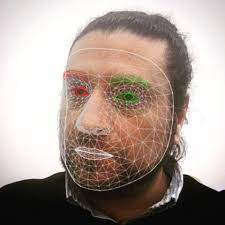
Assoc. Prof. Salvatore Anzalone
Paris 8 University, France
CHArt Laboratory
Social Robotics & Cognitive Systems
Salvatore Maria Anzalone, Ph.D. is a Maître de Conférences at Université Paris 8 and Co-Director of the Cognition and Social Interaction research axis at the CHArt (Artificial & Human Cognition) Laboratory. He holds a Ph.D. in Computer Engineering from the University of Palermo (2010) and was a JSPS research fellow at Osaka University, collaborating with renowned robotics researchers. His research focuses on social robotics and artificial agents—modeling socio-cognitive behaviors such as joint attention, imitation, and engagement in human–robot interactions.
Technical committee

Dr. Ángel Muñoz González
Araya Inc., Japan
Emotion recognition & EEG analysis
Ángel Muñoz González is Chief Researcher in the MultiSense Foundation Team at Araya’s research division. He earned dual master’s degrees in Biomedical Engineering and Applied Physics & Mathematics in 2020. He completed his Ph.D. in 2023 at the Bionic Communication Engineering Lab, Shibaura Institute of Technology, where his research focused on brain–computer interfaces and emotional responses via EEG signals. His current research emphasizes integrating physiological data, especially EEG—into health-tech applications, exploring how brain signals can drive innovation in NeuroTech.
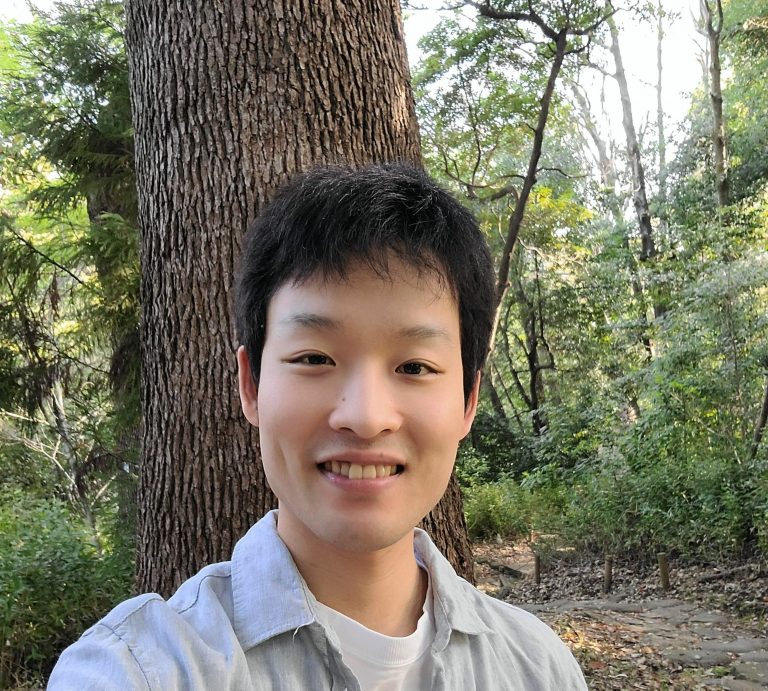
Akito Yoshida
Araya Inc., Japan
Informatic Systems & Machine Learning
Akito Yoshida is a Researcher at Araya, where he contributes to interdisciplinary efforts at the intersection of neuroscience and artificial intelligence. He received his M.S. in Information Science and Technology from the University of Tokyo in 2022. Yoshida focuses on investigating how human-like intelligence emerges from dynamic interactions among the brain, body, and environment. His work explores the developmental processes underlying cognition, informed by theories of embodiment and active intelligence. Through his research, he helps Araya advance its mission to understand and model intelligence in both biological and artificial systems.

Dr. Yi-Chen Lin
Araya Inc., Japan
Neuroscience & EEG analysis
Yi-Chen (Esther) is a Senior Researcher at Araya. She received her Ph.D. from National Yang-Ming University, Taiwan in 2019. After working at the National Yang-Ming University as a post-doctoral researcher, she joined Araya in 2020. Her research interests include cognitive neuroscience, brain-body interaction, and brain-computer interface integrated with multimodal physiological signals. At Araya, Yi‑Chen leads efforts to translate cognitive neuroscience insights into practical Neurotech solutions that explore brain–machine integration.
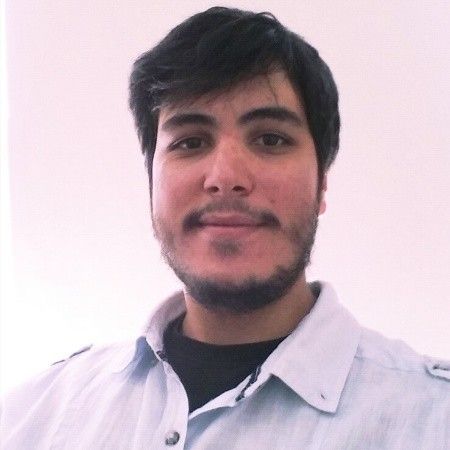
Eren Doğuş Ateş
Araya Inc., Japan
Computer Engineering & Embedded Software Development
Eren Doğuş Ateş, B.Eng. earned his Bachelor of Engineering in Computer Engineering from Beykent University in 2011. Eren designed and developed an SDK for remote controlled robots. He is now a Staff Computer Engineer at Araya, where he is contributing to next-generation avatar robotics and human-augmentation technology.
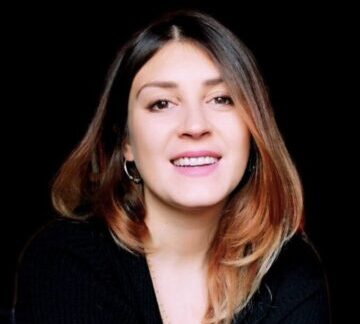
Marina Di Vincenzo
Araya Inc., Japan
Neuroscience & EEG analysis
Marina Di Vincenzo, M.S. is a Senior Researcher at Araya in the Reinforcement Learning Team. She earned a B.A. in Psychology from University of Urbino “Carlo Bo” (2017), an M.S. in Neuroscience and Psychological Rehabilitation from Sapienza University of Rome (2021), and an Artificial Intelligence Diploma from ISTC‑CNR (2021). Her research focuses on user‑centered design in assistive neurotechnology, designing intuitive, human-centric interfaces for neurotech applications.

Luca Nunziante
Araya Inc., Japan
Robotics & Reinforcement Learning
Luca Nunziante, M.Sc. is a Senior Researcher at Araya’s Reinforcement Learning Team. He holds a B.Eng. in Electronic and Computer Engineering from the University of Campania Luigi Vanvitelli and earned his M.Sc. in Artificial Intelligence and Robotics from La Sapienza University of Rome in 2024. During his master's, he conducted research at the Space Robotics Laboratory at Tohoku University, Japan. His expertise lies at the intersection of robot control and artificial intelligence, particularly in developing brain-robot interfaces and teleoperation systems.
Program committee
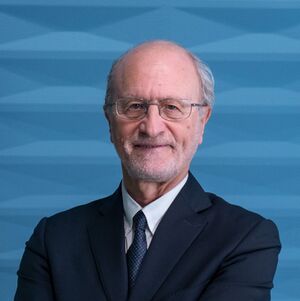
Professor Emeritus Paolo Dario
Scuola Superiore Sant’Anna, Italy
Biorobotics Institute
Biorobotics
Paolo Dario, PhD is a pioneering leader in biorobotics and a Professor of Biomedical Robotics at the Scuola Superiore Sant’Anna in Pisa, Italy, where he founded and directed the BioRobotics Institute. His work spans medical robotics, bio‑mechatronics, rehabilitation devices, tactile sensing, and neuro‑controlled prosthetics. He has also served as Visiting Professor at prominent institutions worldwide—including Brown University, EPFL, Waseda University, and the Collège de France, and held leadership roles in IEEE’s Robotics and Automation Society.
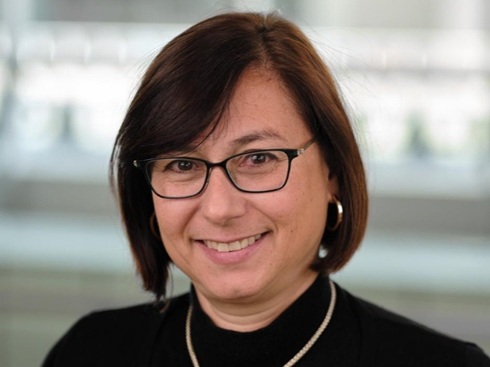
Dr. Michela Fagiolini
CNR Institute of neuroscience (IN), Italy
Director
neurodevelopmental disorders, sensory processing, perception, behavior, developmental plasticity
Michela Fagiolini, PhD is an Associate Professor of Neurology at Harvard Medical School, and Associate in Neurology at Boston Children’s Hospital. She also serves as Director of the Institute of Neuroscience at Italy’s National Research Council (CNR). Her research focuses on brain development, neural plasticity, and the regulation of critical periods in early life. She investigates how excitatory and inhibitory balance in neural circuits shapes cognition, perception, and behavior. By combining molecular biology, imaging, electrophysiology, and behavioral approaches, she explores strategies to foster healthy brain function.

Dr. Manuel Baltieri
Araya Inc., Japan
Mathematics
Manuel Baltieri, PhD is Chief Researcher in Foundations of Agency, Life, and Cognition at Araya Inc. in Tokyo and an Honorary Senior Research Fellow in Informatics at the University of Sussex. He holds a PhD in Informatics and Artificial Intelligence (2019) and an MSc in Evolutionary and Adaptive Systems (2014) from the University of Sussex, and a B.Eng. in Computer Engineering and Business Administration from the University of Trento. His interdisciplinary research spans artificial life, active inference, Bayesian brain models, control theory, and embodied cognition—seeking mathematical and computational frameworks for intelligent, agentic systems.